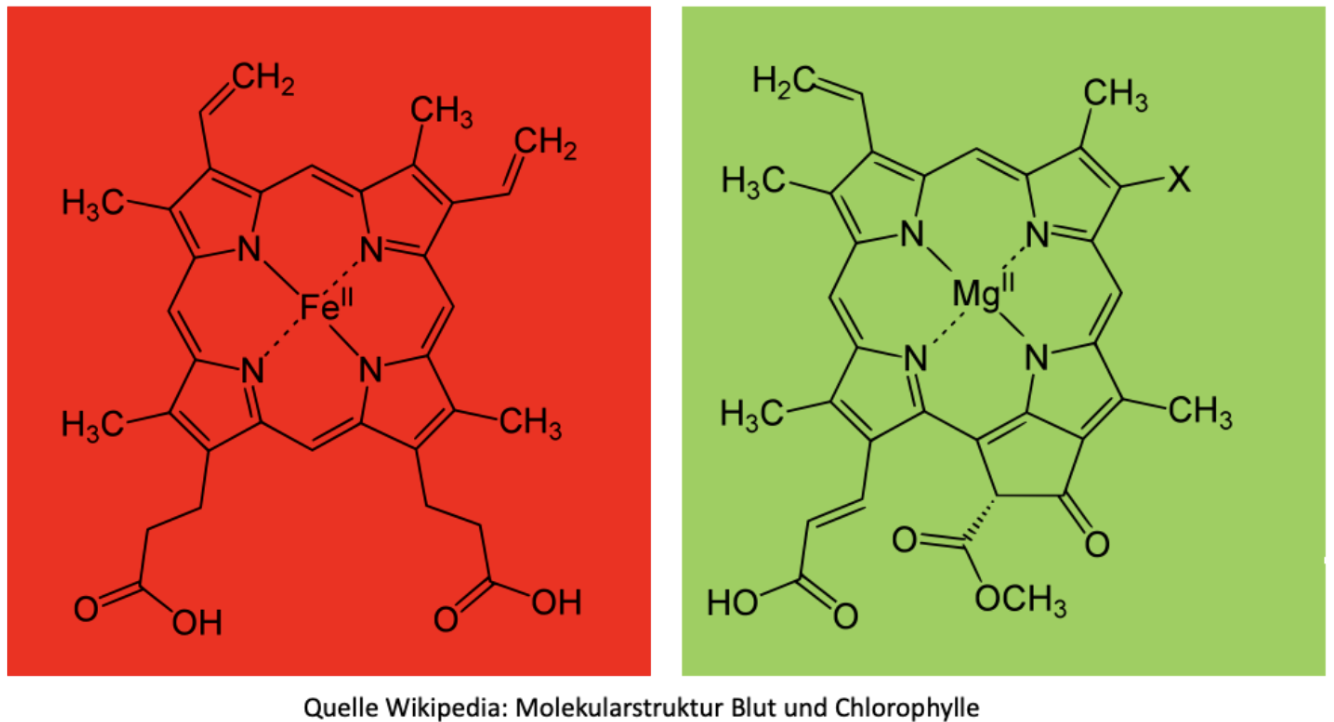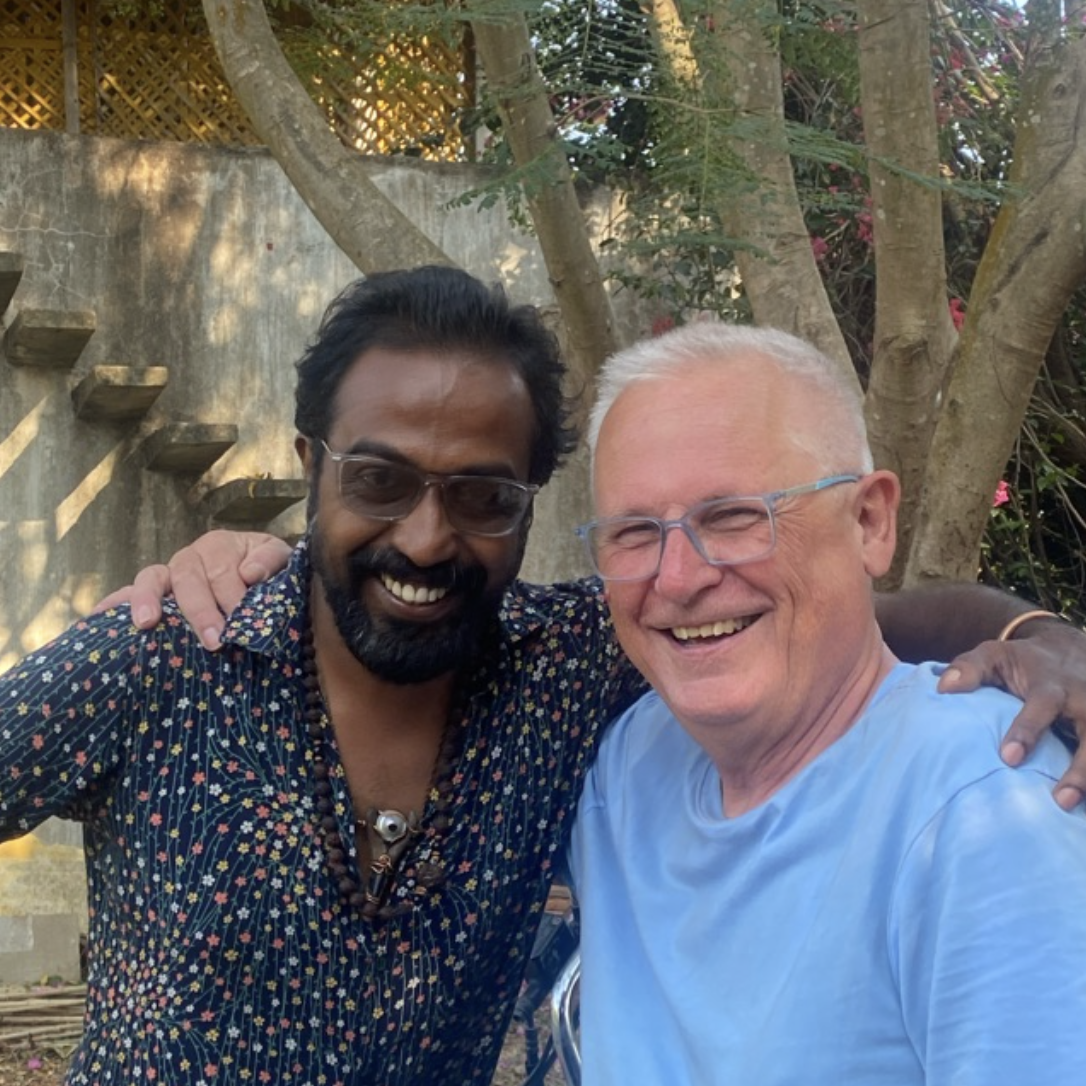Interview with Heiner Cuhls, Founder of Native Power: Exploring the Potential of Earth Consumption, composed by Despoina Koukouve
We had the privilege of speaking with Heiner Cuhls, the founder of Native Power, an association based in Germany, focusing on sustainable heating solutions in composting. In this conversation, we delved into the intriguing world of consuming earth derived substances, leonardite, humic acid and zeolite, as well as their potential impact on human health.
masharu & Despoina: Can you tell us about leonardite and its significance?
Heiner Cuhls: Leonardite is a remarkable substance derived from stone pits, an oxidized version of lignite, a mineraloid rich in humic acids. What makes leonardite so unique is its rich composition of beneficial compounds, like humic and fulvic acids as well as minerals like calcium, potassium, magnesium and iron. This substance is harvested by workers who are trained to identify its presence in the stone pits. After extraction, leonardite undergoes a specialized process, from purifying the material to grinding it to a powder, to make it usable in various applications, as human supplement, soil supplement because it is rich in humic acids, complex organic molecules formed from the long-term decomposition of plant and animal matter, that play a crucial role in soil health and plant growth. Its benefits are not just limited to soil improvement but also extend to human health, offering an interesting perspective on nutrition and well-being. It’s not something you come across every day, as it’s pure form is not readily accessible to the average person, but the processed product is widely more accesible.
masharu & Despoina: You’ve experimented with consuming supplements derived from earth materials. Can you share your experiences?
Heiner Cuhls: Yes, I’ve been quite interested in the idea of listening to what my body needs and consuming supplements with the purpose of improving my health and the way I feel. My curiosity led me to try supplements like leonardite and zeolite.
Over a six-month period, I took leonardite and zeolite supplements and noticed subtle yet notable improvements in my overall well-being. While I can’t claim any drastic changes, I believe these supplements contribute positively to my holistic health regimen. The key is ensuring that these supplements are bioavailable and effective in the body, which means that they are prepared in a way that the human body can fully absorb them and they don’t go to waste.
masharu & Despoina: Can you describe how do you consume leonardite and if it is possible to eat it in its pure form, without additional preparations?
Heiner Cuhls: Leonardite is grinded very finely and it is more or less a powder. So you also can drink it. For example, this powder you can consume with any kind of smoothie or breakfast drink. Just mix it into water and take a shot of this, and it contains a lot of humic acids. The humic acids are then responsible for the distribution of minerals in the body, so that is then the kind of combination, between food grade and humic acid, which is giving you the most impact on your health, especially if you use additives.
You can eat it in a pure form, however, it will dry out your mouth and it is also a little bit crunchy in texture. Thus, if you want to munch it, you will have the feeling of a spoon of sand in your mouth.
masharu & Despoina: What are the potential benefits of consuming earth-based supplements like leonardite?
Heiner Cuhls: The potential benefits of these supplements lie in their ability to augment our mineral intake. Leonardite, for example, is rich in minerals and humic acids that are essential for our bodies. By providing these minerals, it can help foster vitality and resilience. Additionally, I believe these substances can play a role in detoxifying the body and improving overall health by aiding in the distribution of essential minerals throughout.
masharu & Despoina: What led you to explore the consumption of substances like leonardite and zeolite?
Heiner Cuhls: My interest in this area comes from my extensive research into soil health and its benefits. Understanding how soil health impacts plant health naturally led me to consider its implications for human health. This curiosity drove me to experiment with different types of soil and mineral supplements. Because of my personal philosophy, I have a relatively healthy lifestyle and have not visited the doctor in more than 40 years. Therefore I cannot attest to experiencing dramatic changes. However, I believe these substances have the potential to improve health in subtle but meaningful ways, possibly playing a major role in my personal health journey.
masharu & Despoina: What are your final thoughts on the potential of earth consumption for human health?
Heiner Cuhls: While the concept of consuming earth-based substances might seem unusual, I believe there’s potential for health benefits. The key lies in proper research and ensuring that these substances are safe and effective for human consumption. By exploring these unconventional sources of nutrition, we might discover new ways to enhance our overall well-being.
Soil Health and Its Broader Impacts
masharu & Despoina: What are your thoughts on the current treatment of soil and its impact on crops and animals?
Heiner Cuhls: The current treatment of soil is concerning. Intensive agricultural practices and the overuse of chemical fertilizers and pesticides have degraded soil health significantly. Healthy soil is the foundation of our entire food system, and when it’s compromised, the health of crops and animals suffers too. Poor soil health leads to nutrient-deficient crops, which in turn impacts the animals that feed on those crops and ultimately affects human health.
masharu & Despoina: How do you believe we can improve soil health?
Heiner Cuhls: Improving soil health requires a shift towards more sustainable and regenerative farming practices. This includes reducing the use of chemical inputs, incorporating organic matter, and utilizing cover crops to protect and enrich the soil. By focusing on restoring soil health, we can produce more nutritious crops, which will benefit both animals and humans. It’s a holistic approach that ensures the sustainability of our food systems and the health of all living beings involved.
Regarding the upcoming ‘Compost as Superfood’ project
masharu & Despoina: After discussing ‘Compost as Superfood’ with you, could you clarify your stance on compost’s role in health?
Heiner Cuhls: I think the idea of making compost edible for human consumption is interesting but perhaps misplaced. Compost’s primary purpose is to improve soil health, which in turn supports healthier crops. I believe the focus should be on enhancing the nutritional quality of the soil rather than consuming compost directly.
masharu & Despoina: Do you see any potential in developing compost as a superfood?
Heiner Cuhls: While the concept of compost as a superfood is intriguing, I think it’s more practical to focus on how compost can enhance soil quality and thereby improve the nutritional content of the food we grow. By ensuring our soil is rich in nutrients, we indirectly support better human health through the consumption of healthier crops. The real potential lies in using compost to create a more sustainable and nutritious food production system. We need to bring our knowledge which in many cases is unconscious into consciousnes and need to remember how close our blood molecules are to the plant chlorophyl which is the plant blood. That is giving us the all-important answer: “healthy soil, healthy plants healthy animals, healthy humans”

For more information:
Das Buch über Native Power e.V. “Leonardit Praxishandbuch – Leonardit Als bodenhilfsstoff-Leonardit Leonardit leonardit-Die https://native-power.de/shop/Kostenfreies-e-book-PDF-Dokument-zum-Leonardit-Bodenhilfsstoff-tiefe-Wurzelbildung-und-bis-zu-50-Huminstoff-haltig-netto-0-00%E2%82%AC-p205468628. Accessed 18/06/2024

